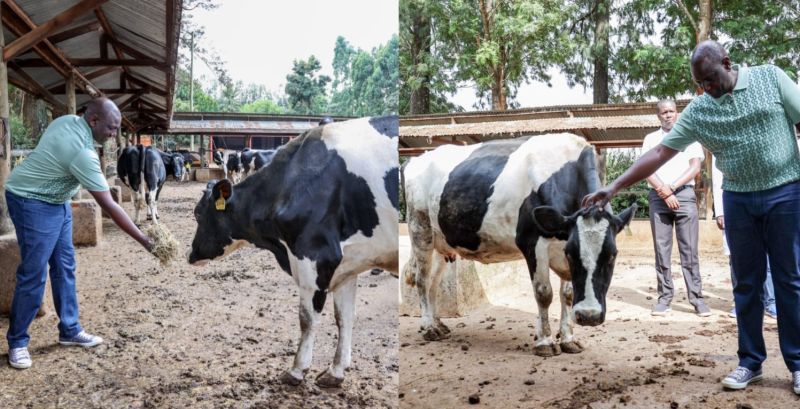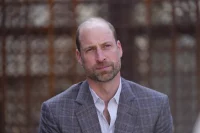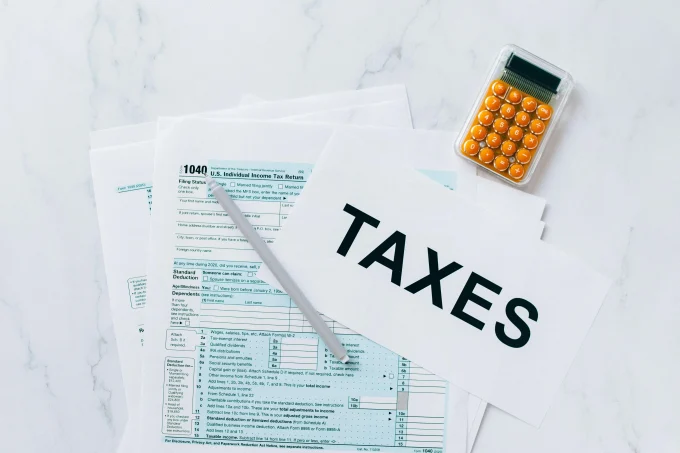The nationwide livestock vaccination programme “against diseases,” planned for January next year, will go on as scheduled despite propaganda and fake news peddled by some leaders, President William Ruto has announced. However, up to now, nobody knows what type of vaccine it will be or what it is specifically for. The President has just said that it is a vaccination drive against KKM, FFM, DDU and UDA, diseases we’ve been fighting since he was born. For farmers, this is surprising, saddening, painful, and disappointing. I wonder why the government can be this secretive…
Let’s forget about that. For a few weeks now, the President and opposition leaders, led by Kalonzo Musyoka, have been engaging in a battle of words about the vaccine, with Kalonzo’s team claiming the vaccine is poisonous and that farmers should reject it, as it will block their cows’ ability to break wind.
In his response, the President explained that the vaccine is meant to help prevent animal diseases and secure the international market for livestock products. However, he did not refute Kalonzo’s claims but arrogantly dismissed them with the question, “Has somebody ever been vaccinated, then stopped farting?” This implies that Kalonzo’s team might have some truth to their claims. Let’s break it down:
> What Kalonzo Musyoka Currently Enjoys as the Former Vice President of Kenya
A recent assessment from the United Nations Environment Programme (UNEP) and the Climate and Clean Air Coalition found that cutting farming-related methane emissions is key in the battle against climate change. According to the study, livestock keeping contributes to methane emissions—a powerful greenhouse gas that drives global warming—produced as a by-product of enteric fermentation and the decomposition of manure under anaerobic conditions.
“Livestock emissions from manure and gastroenteric releases account for roughly 32 per cent of human-caused methane emissions,” UNEP states. “Methane is the primary contributor to the formation of ground-level ozone, a hazardous air pollutant and greenhouse gas, exposure to which causes 1 million premature deaths every year,” the study discloses.
So, here’s the deal: Globally, in the United States specifically, there is a pioneering collaboration between the Pirbright Institute and the Royal Veterinary College (RVC) to significantly reduce methane emissions from cattle. They are exploring interventions, including the viability of a new vaccine. Supported by a $9.4 million grant from the Bezos Earth Fund, this ambitious project seeks to use state-of-the-art biotechnology to determine how a vaccine could cut livestock methane emissions by more than 30%, addressing a major contributor to climate change.
The Bezos Earth Fund, established by billionaire Jeff Bezos, along with another philanthropic organisation, the Global Methane Hub, has developed a portfolio of grants aimed at reducing these emissions through low-methane genetics, improved feed, and better ranch management practices. Astonishingly, both organisations have been active in Kenya. The Bezos Earth Fund, for instance, announced $22.8 million in funding in Nairobi last year as part of its $1 billion commitment to landscape restoration globally.
In Kenya, a comparable mission to that of the USA’s Pirbright Institute and RVC, supported by $9.4 million from the Bezos Earth Fund, is being led by an American investment firm called Ballmer Group. In September 2024, Ballmer Group announced a $10 million grant to the International Livestock Research Institute (ILRI) in Nairobi to support climate-smart innovations in livestock development, such as producing methane-reducing vaccines for cows to cut emissions.
Worse still, as Kalonzo had noted, alongside the Bezos Earth Fund and the Global Methane Hub, the investment also leverages additional grants from the Bill & Melinda Gates Foundation of Bill Gates.
You shouldn’t worry, though. The vaccines are manufactured in Kabete.
> All You Need to Know about Guns and Fire Arms Laws in Kenya












So lets say this guy could be after the fund or something and by the way when talking of methane emissions reduction he should deal with the waste in Nairobi before going after those cattle and i wonder what they say about the use of biogas